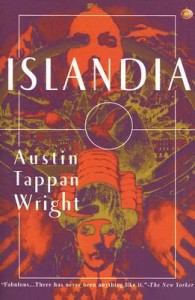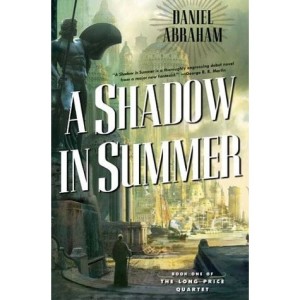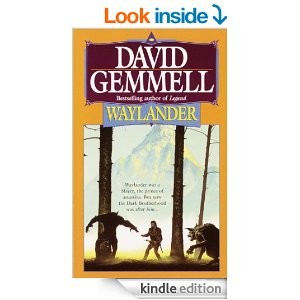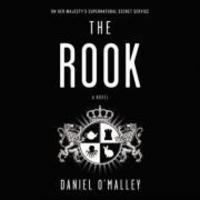Masterful in its attention to detail and a very human story, Islandia is a quiet classic – quiet in that it hasn’t garnered the publicity that many classics have, but a classic because its story and writing endure. Considered utopian literature, Islandia is a pre-industrial civilization which respects women and that confronts early twentieth century colonialism. However, it’s much more than a commentary on political and economic realities in the early 1900’s, it is world building at its best – of not only the geography, social, economic and political structures, but of a society and its heart. The depth of its world building has been compared to Tolkien.
 John Lang is hired as the American Consul at the behest of his uncle and other parties, with the expectation that he will promote their economic aspirations and will convince Islandia to end its isolation. Excited to reunite with an Islandian friend he made in college, Lang is still shocked to find himself in an agrarian, low-tech world. As he learns about this strange new world, he learns about himself and finds himself at odds with his mission, his values and his heart. Lang’s struggle is best summed up in a review on Goodreads by Terry:
John Lang is hired as the American Consul at the behest of his uncle and other parties, with the expectation that he will promote their economic aspirations and will convince Islandia to end its isolation. Excited to reunite with an Islandian friend he made in college, Lang is still shocked to find himself in an agrarian, low-tech world. As he learns about this strange new world, he learns about himself and finds himself at odds with his mission, his values and his heart. Lang’s struggle is best summed up in a review on Goodreads by Terry:
Islandia was a world imagined by Wright since his childhood. He never shared it with anyone and he had written thousands of pages about the place and its people. Upon his untimely death, his wife taught herself to type and created a 2,000 page novel. Their daughter edited it to 1,000 pages and it was first published in 1942.
This novel is not an action adventure with a fast paced plot and some readers may find the initial story set up a little slow. Neither does it fit into the modern romance genre. It is a captivating drama which draws the reader into a world so completely that one longs to visit it. Thus, it is more than a utopian exercise on the values of the industrial society, its politics and impact on its people – it is a story about personal values and understanding one’s and another’s heart. Perhaps that’s why this novel has so quietly endured.
It is also a tribute of love to a man who so fully imagined and lived this world. Had it not been for the love and dedication of his wife and daughter, this poignant society which so richly understands itself, would never have been realized so that we too may experience it.
For all these reasons Islandia has so quietly endured and become a classic. On so many levels it is a Utopian Love Story – about falling in and out of love with one’s family, oneself, another, one’s country and with a world so different from the one we know. Islandians would tell you that there are four words to express love: amia – love of friends, alia – love of place and family land and lineage, ania – desire for marriage and commitment, and apia – sexual attraction. These are indeed, utopian concepts of the heart.



